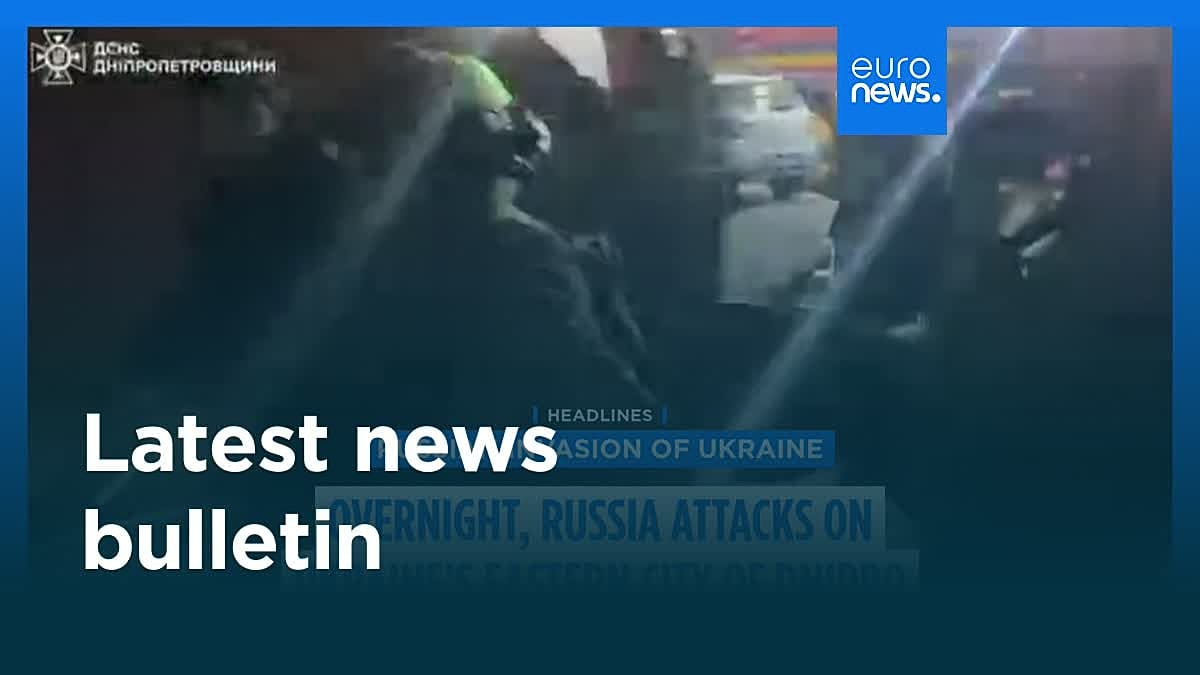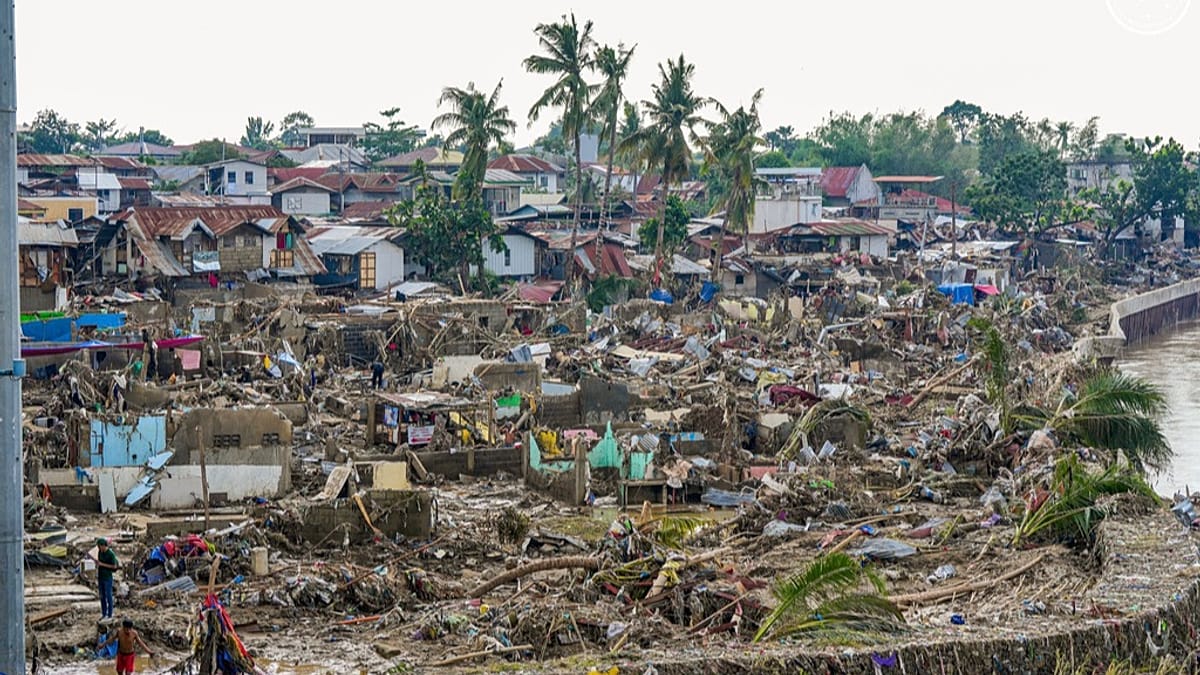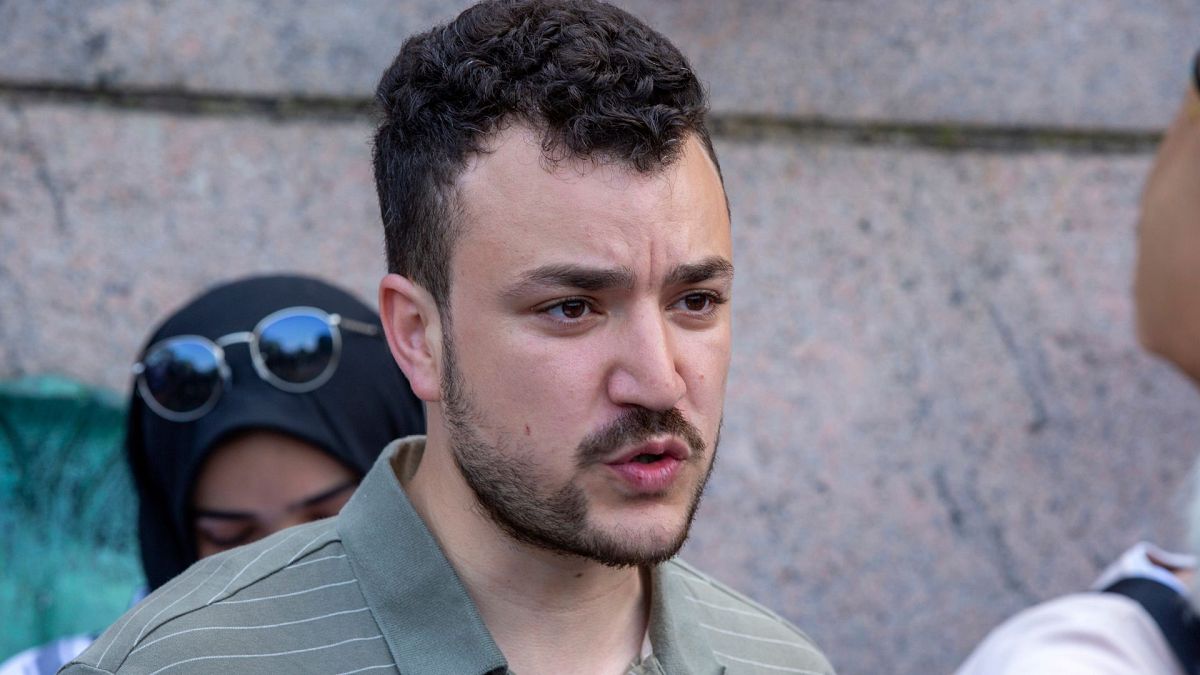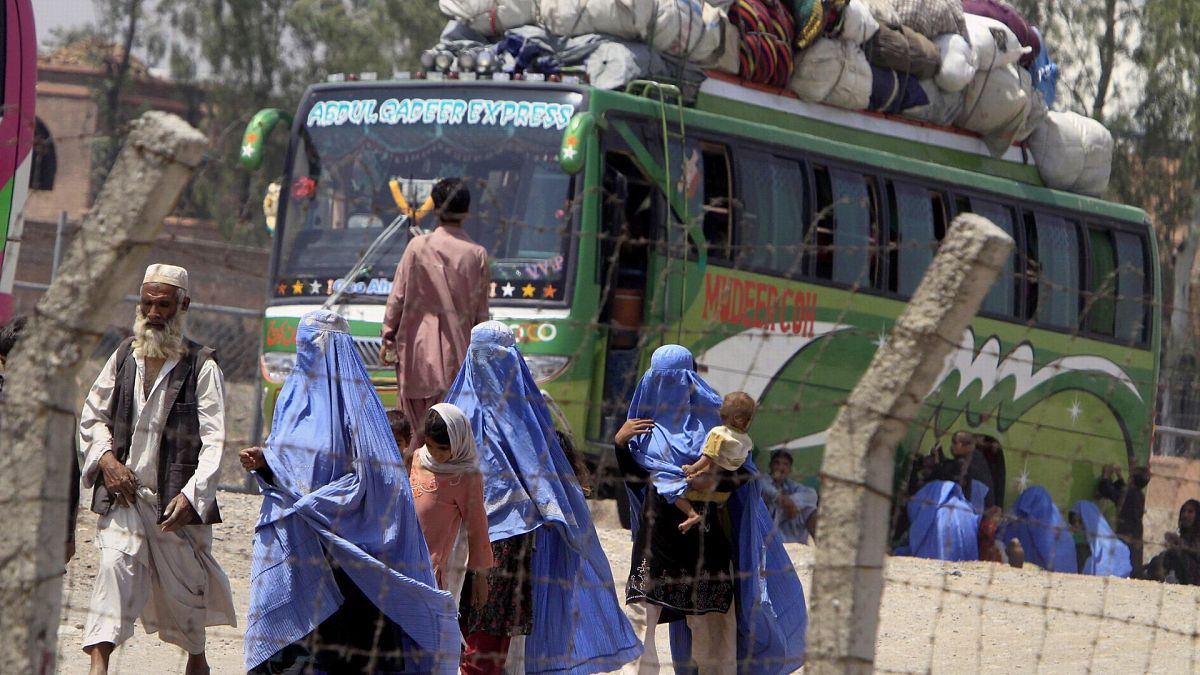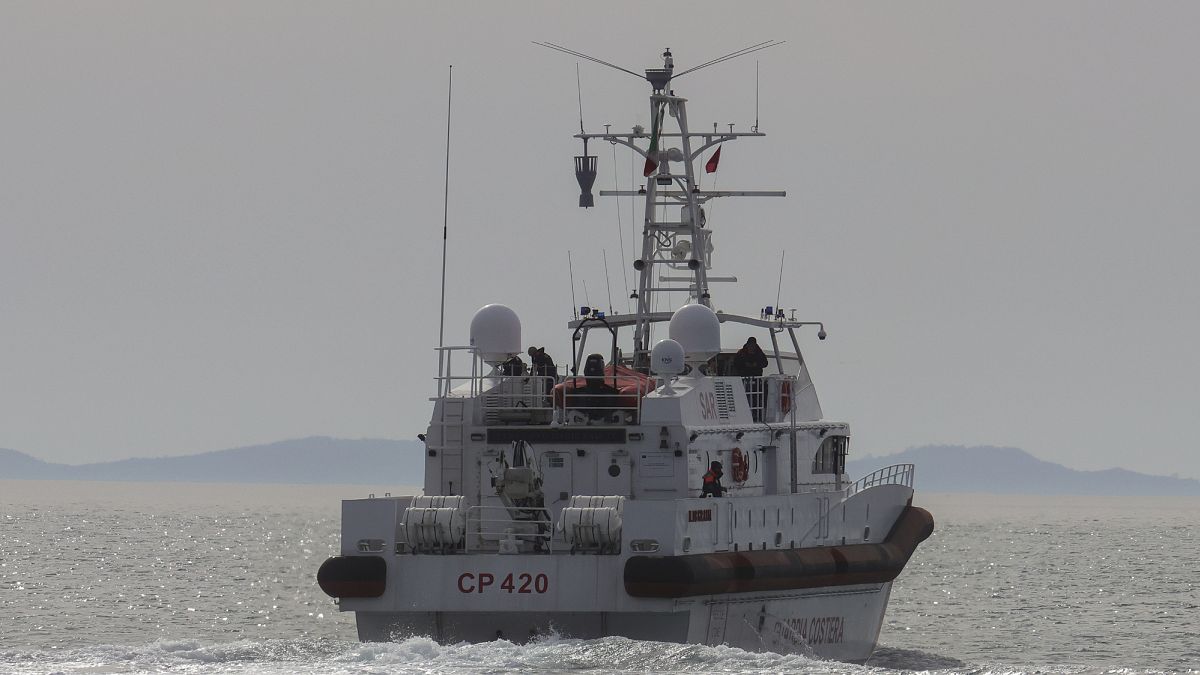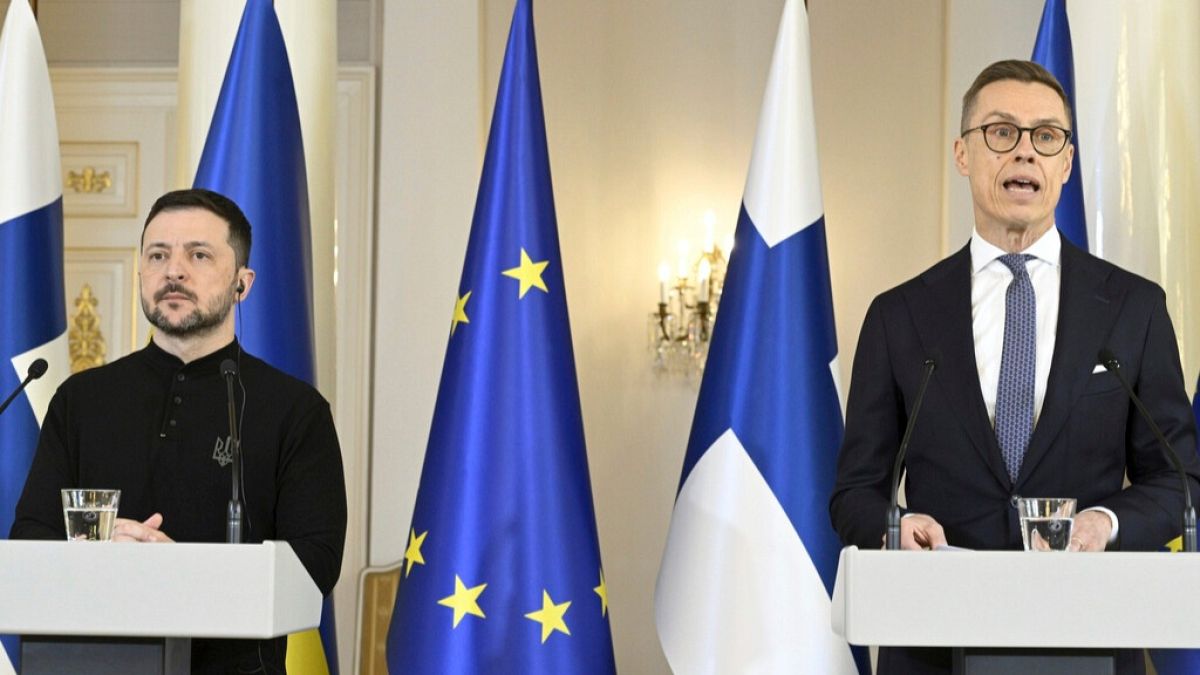Blanar at the EU Council stated that wars are not the way, the UN and diplomacy must be key

Bratislava/Brussels – Minister of Foreign Affairs and European Affairs of the Slovak Republic Juraj Blanár clarified the position of Slovak diplomacy regarding the escalation in the Middle East at the meeting of the EU Foreign Affairs Council in Brussels on Monday. According to him, the Israeli attack on Iran was a violation of the UN Charter. TASR was informed about this by the communication department of the Ministry of Foreign Affairs and European Affairs of the Slovak Republic.
“It is not possible for international law to be disregarded and for any state to attack another country and initiate military activity for any reason. This is contrary to the Charter of the United Nations and international law,” said the minister.
According to Blanár, Slovakia calls for conflict resolution in accordance with international law through the UN, political, and diplomatic dialogue. “No matter how we may think that Iran cannot possess nuclear weapons, this cannot be resolved through military action,” stated the head of Slovak diplomacy.
The head of EU diplomacy Kaja Kallas informed the ministers about the outcome of the assessment of compliance with Article 2 of the Association Agreement between the European Union and Israel. Blanár emphasized that it is important for Slovakia to maintain a close dialogue between the Union and Israel in an effort to ensure a sufficient supply of humanitarian aid to Gaza for civilians, as well as to achieve a ceasefire and initiate peace negotiations. EU member states agree that the only sustainable solution for both Israel and Palestine is a two-state solution.
“Slovakia supports the release of all hostages held by Hamas and condemns all negative activities by illegal settlers in Gaza. The priority is to push for a reduction in the humanitarian disaster, which was the main reason we joined the initiative to assess compliance with the association agreement,” said Blanár.
EU foreign ministers jointly condemned the terrorist attack on the Orthodox Church in Syria. They called on the local government to investigate the incident and punish all those responsible. Further steps from the EU will depend, according to the head of Slovak diplomacy, on the position of the Syrian government: “Whether we will see the government as a guarantor of the future in Syria, or whether we will have to return to sanctions. However, Syria must clearly guarantee the protection of all religious communities from any attacks with a clear position within Syrian society.”
The topic of the Brussels meeting also included the upcoming EU-China summit, which is to take place in July. “We all agreed that China is an important trading partner for the Union and it is essential that we communicate openly, support constructive dialogue, and prevent trade wars,” concluded Blanár. (June 24)




















